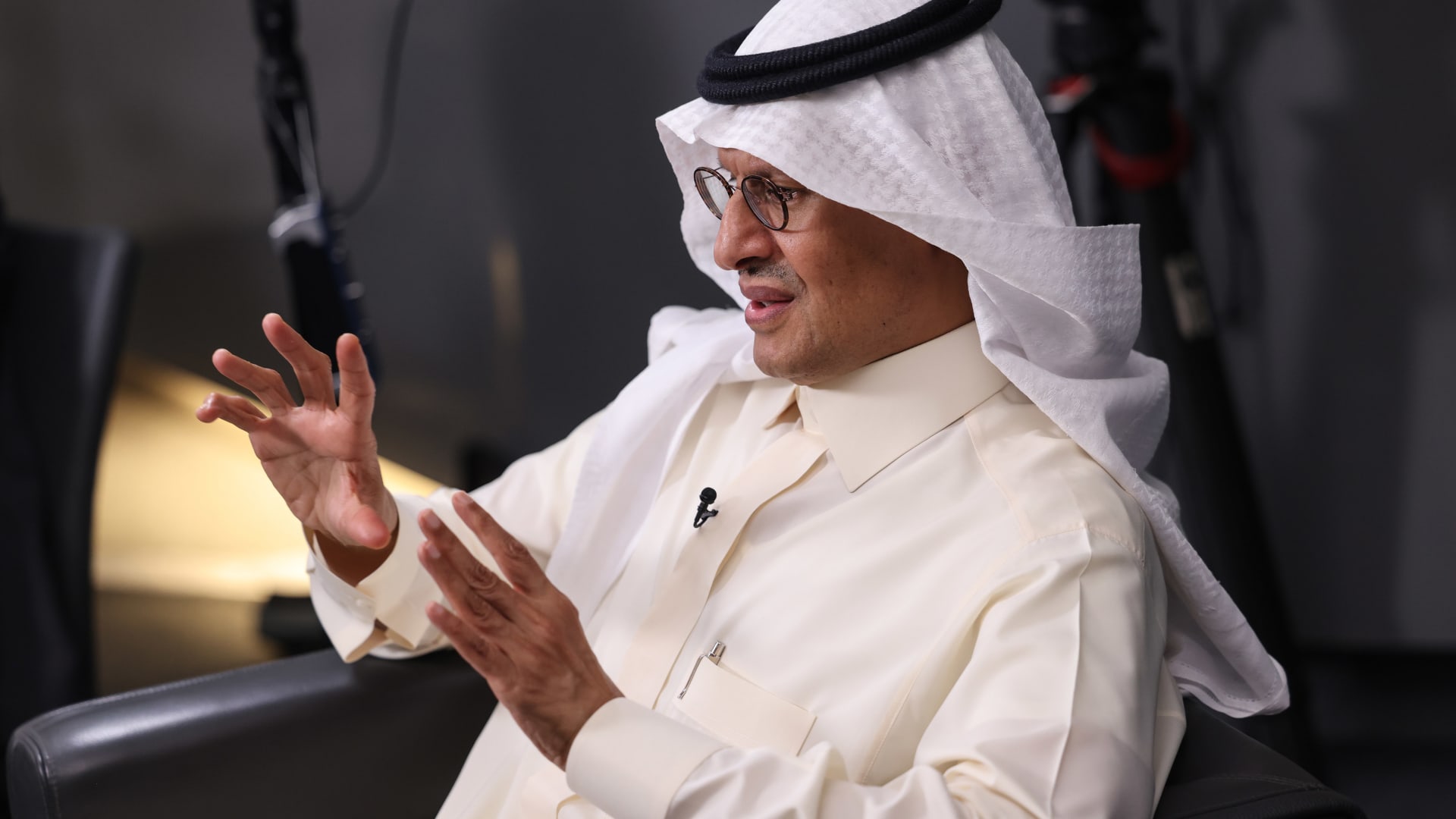Arab League Backs Sudan, Urges More Time
Khartoum should be given an “adequate timeframe … to meet its commitments” to the United Nations, Arab League foreign ministers said in a declaration following their extraordinary meeting in the Egyptian capital Sunday, August 8,, reported Agence France-Presse (AFP).
Egyptian Foreign Minister Ahmad Abul Gheit told reporters that Sudan may need up to 120 days to bring the situation under control in Darfur.
“The Darfur crisis is very complicated,” Abul Gheit said. “I cannot imagine that any country, even the United States, can solve this crisis within 30 days.”
He added UN’s deadline could be “extended from 30 days to 90 days and 120 days”.
UN special envoy Jan Pronk, while describing the situation in Darfur as a “major crisis”, admitted that it would be “naïve” for the United Nations to demand a resolution within 30 days.
“We demand substantial progress to assure the return of security,” he said.
The UNSC threatened Sudan on July 31 with punitive measures if it failed to rein in the Arab militias within one month.
The United Nations has labeled the 16-month-old conflict as the world’s worst current humanitarian crisis, amid mixed reports putting the number of people killed at 10,000 to 50,000 and over one million reportedly forced to flee their homes.
But Dr. Hussein Gezairy, Regional Director of World Health Organization’s Eastern Mediterranean Region, told IslamOnline.net Thursday, July 29, that the situation in the restive area did not amount to genocide or ethnic cleansing as claimed.
No Military Intervention
The top Arab diplomats also asked the international community to “reject any threat of military intervention” in Darfur.
Influential leaders of the US evangelical organizations had signed a letter asking President George W. Bush Wednesday to consider a military action against Sudan.
On Monday, August 2, British daily the Guardian reported that British Prime Minister Tony Blair is making the case for a “colonial war” against Sudan because of its growing oil reserves, as there are no signs of highly-touted claims of genocide in the Arab country.
Arab League Secretary General Amr Moussa announced that the organization had reached agreement with the United Nations and the Sudanese government to be part of a team monitoring Khartoum’s compliance with the UNSC resolution.
The so-called Joint Implementation Mechanism was set up during a visit to Sudan last month by UN chief Kofi Annan to insure that Khartoum was doing everything in its power to calm the situation in Darfur.
Under the deal, Khartoum agreed to facilitate the flow of humanitarian aid, rein in the pro-government militias and begin negotiations with Darfur rebels on ending the conflict.
Khartoum has notably agreed to disarm the Janjaweed, and an African Union (AU) team backed by 300 security personnel is already monitoring a shaky truce.
Following Sunday meeting, Moussa further said the Arab League would also send a group of observers to the region to join the AU ceasefire monitors.
“Our African countries that are members in the Arab League will participate actively with the team monitoring the ceasefire, and perhaps, in an African protection force,” he said.
Sudanese Foreign Minister Mustafa Othman Ismail said at the meeting, attended by 13 Arab League Foreign Ministers, that his country had enough troops of its own, with 40,000 deployed in Darfur.
“We do not need non-Sudanese troops. We need observers and maybe troops to protect them,” he said. “What we ask for is to reinforce the means of the government.”
The two rebel movements, the Movement for Justice and Equality and the Sudanese Liberation Army, have agreed to resume talks with Khartoum August 23 in the Nigerian capital Abuja under AU auspices.
Annan must submit a report to the Security Council at the end of August on the situation in Darfur.

